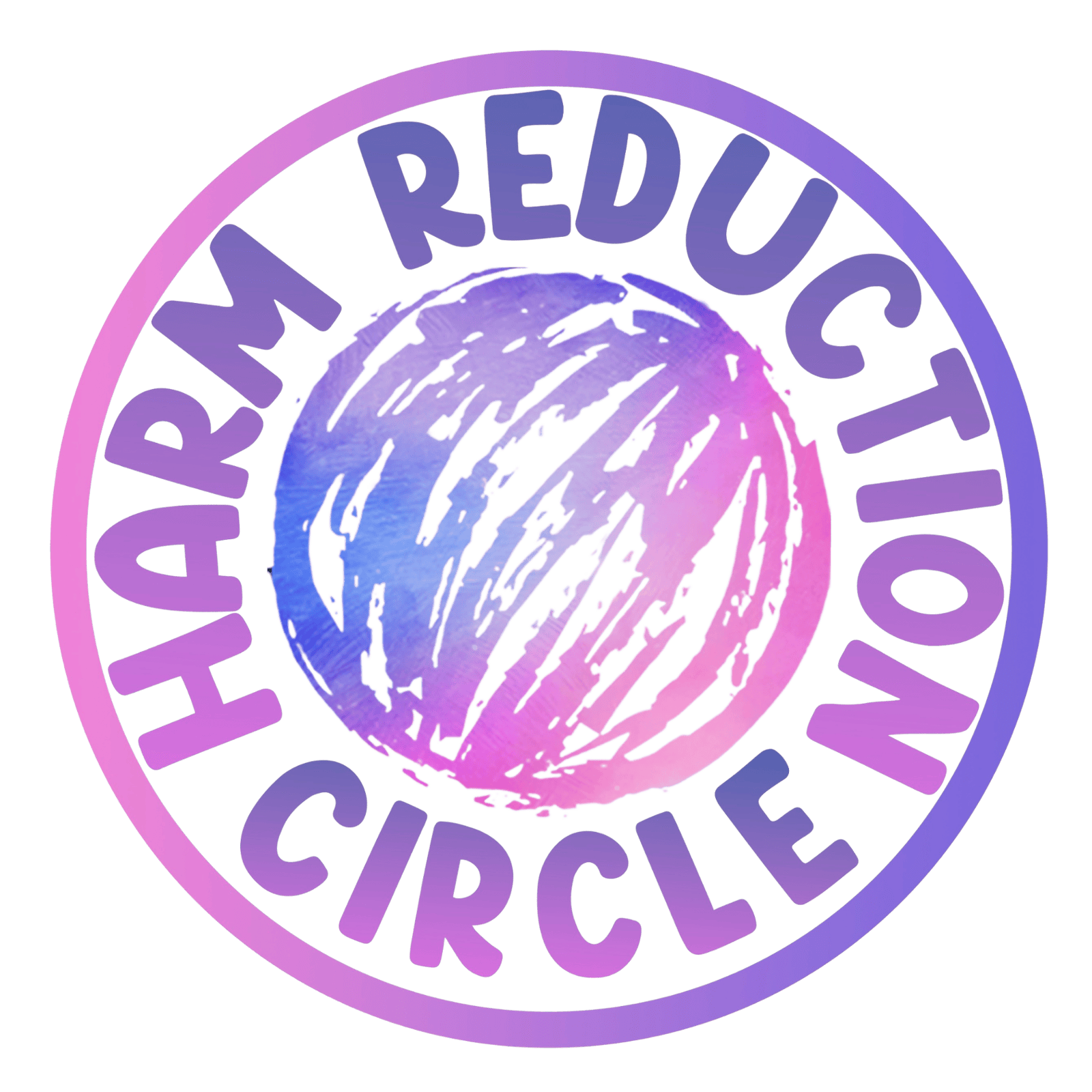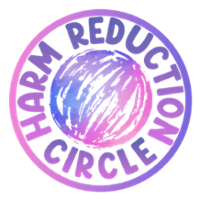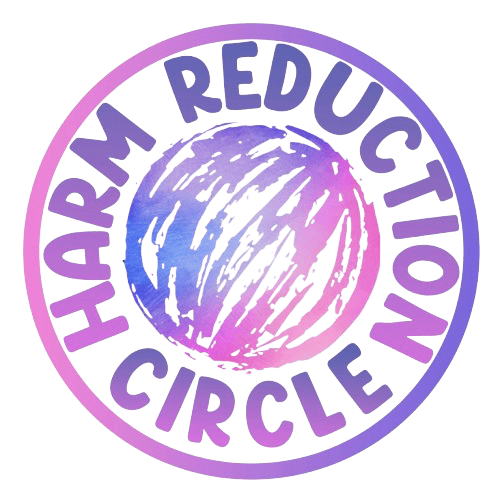Trainings & Workshops for Workspaces & Professional Development
For workplaces, agencies, and service organizations seeking compassionate, trauma-informed approaches to substance use and employee wellbeing.
Creating safer, more compassionate workplaces begins with understanding the realities of substance use, mental health, and burnout. Our professional development workshops are designed for teams across sectors who regularly interact with the public or clients impacted by substance use — including social service agencies, public health departments, behavioral health providers, housing programs, and hospitality or entertainment staff.
Each session is trauma-informed, interactive, and grounded in real-world experience. Whether your team is supporting clients in crisis, navigating workplace stress, or simply seeking to build a more inclusive and stigma-free environment, these trainings help foster empathy, communication, and confidence.
Participants will leave with practical tools they can immediately apply in their daily work — from language that reduces stigma to concrete strategies for preventing burnout, managing compassion fatigue, and integrating harm reduction into organizational culture. Trainings can be customized to fit your organization’s needs and offered in-person or virtually.
Creating safer, more compassionate workplaces begins with understanding the realities of substance use, mental health, and burnout. Our professional development workshops are designed for teams across sectors who regularly interact with the public or clients impacted by substance use — including social service agencies, public health departments, behavioral health providers, housing programs, and hospitality or entertainment staff.
Each session is trauma-informed, interactive, and grounded in real-world experience. Whether your team is supporting clients in crisis, navigating workplace stress, or simply seeking to build a more inclusive and stigma-free environment, these trainings help foster empathy, communication, and confidence.
Participants will leave with practical tools they can immediately apply in their daily work — from language that reduces stigma to concrete strategies for preventing burnout, managing compassion fatigue, and integrating harm reduction into organizational culture. Trainings can be customized to fit your organization’s needs and offered in-person or virtually.


